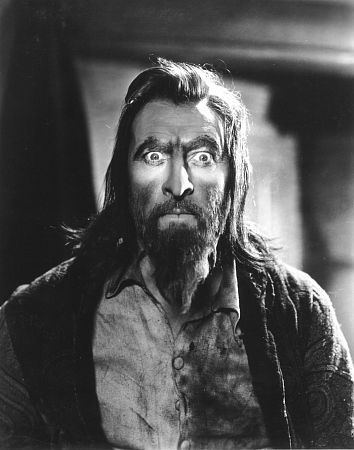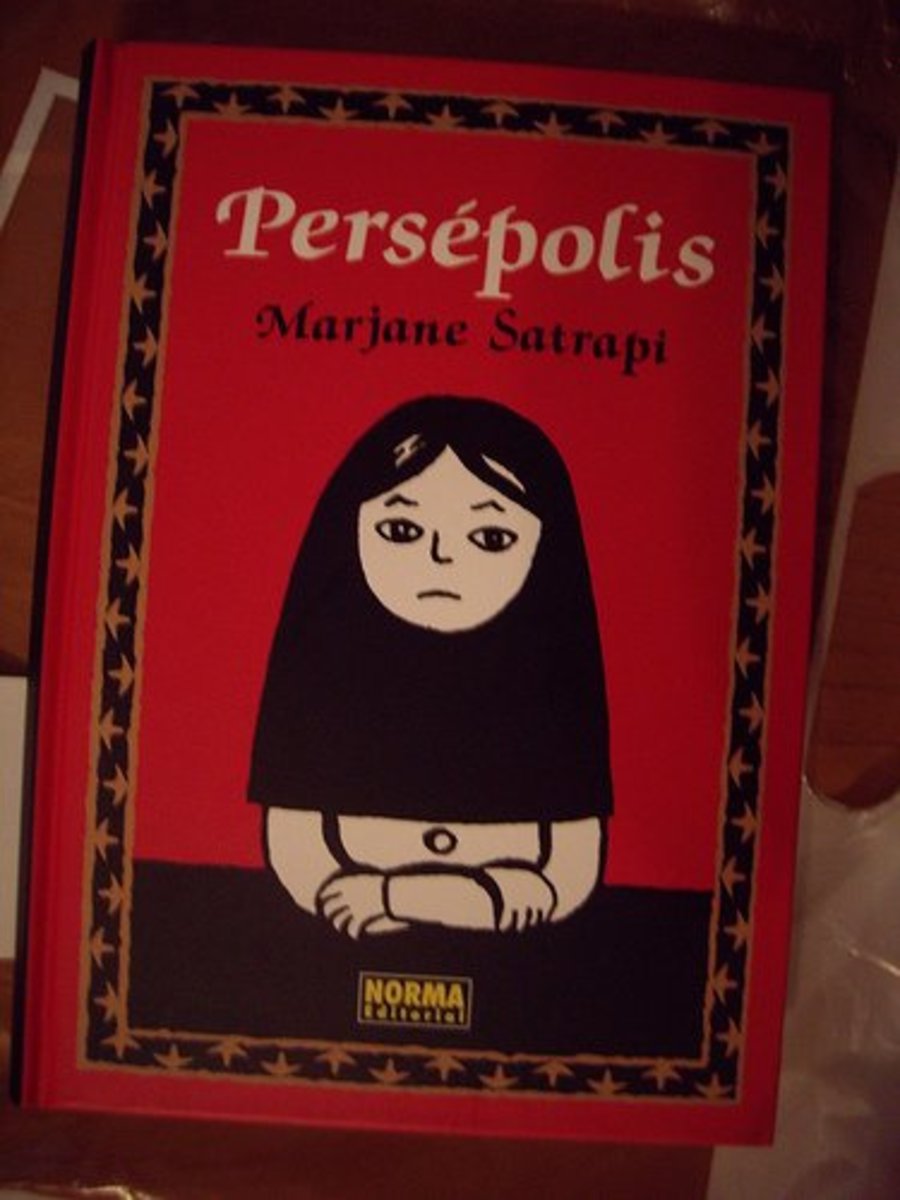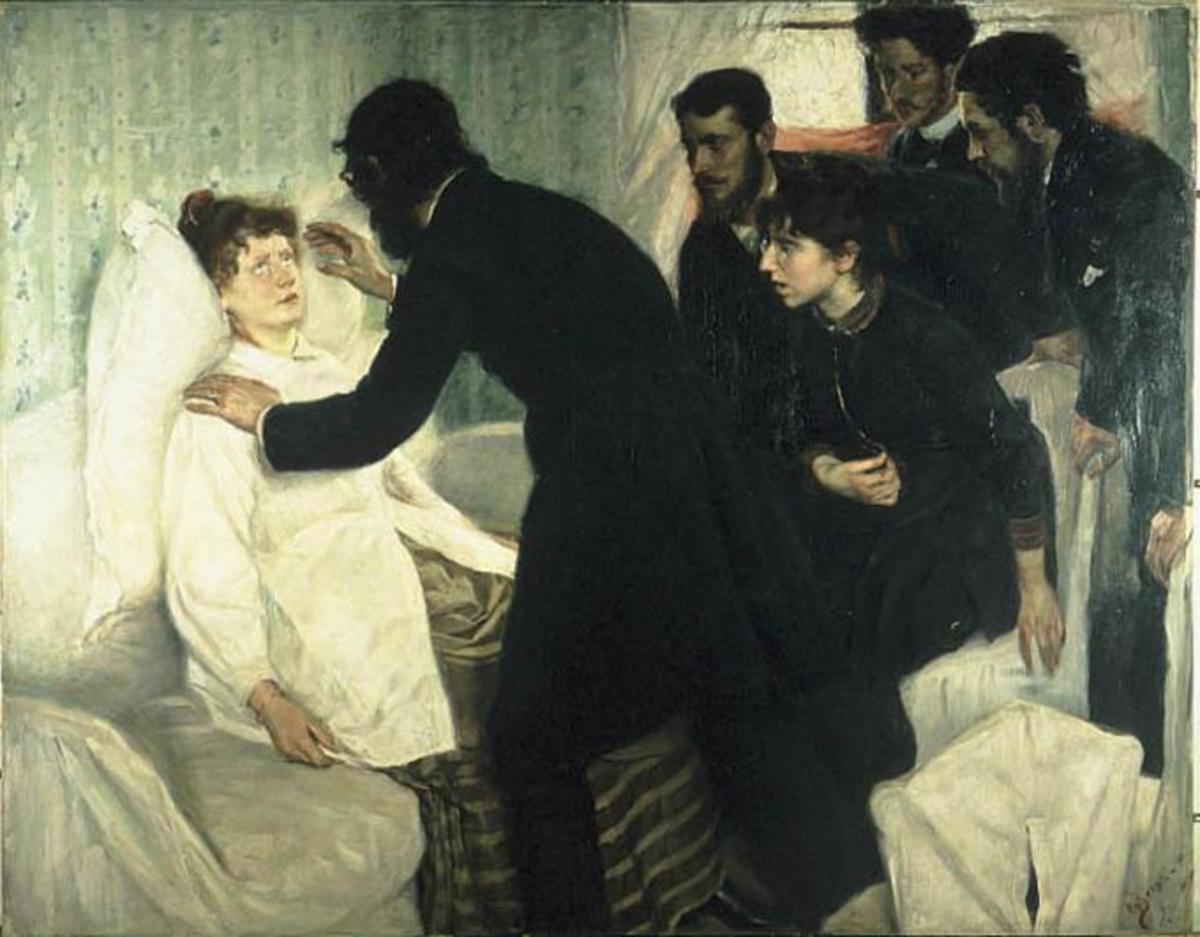Differences Between Hypnosis And Brainwashing

People often shy away from any mention that they see a hypnotherapist because they think hypnosis is brainwashing. Far from it. Hypnosis and brainwashing are two different things, with differing techniques and results. Also, hypnosis (often called Hypnotherapy) is recognized as a legitimate form of medical treatment by the American Medical Association. Brainwashing is not.
What Is Hypnosis, Then?
When you compare hypnosis (or hypnotherapy) and brainwashing, you can clearly see that they are not the same thing. Hypnotherapy isn't even the same as stage performers who claim to hypnotize people (as seen in the film clip below). With hypnotherapy:
- you have to want to be hypnotized
- you won't do anything that a hypnotherapist suggests that you don't want to
- puts you in a pleasant deeply relaxed state
- usually makes you feel refreshed after a session
- seeks to make you a happy member of your community
What Brainwashing Is
Brainwashing, in comparison:
- is done without the patient's consent
- forces your body into a hypnotic state through intimidation, starvation and sleep deprivation
- does not make you feel better afterwards
- seeks to isolate you completely from everyone else
- wants to make you do something you don't
How did hypnosis and brainwashing become synonyms in the mind of popular culture?
Evil Svengalis
People have always been scared of not being in control of their own lives. When Dr. Anton Mesmer of Austria started giving public demonstrations of hypnotism in the late 1700's, audiences were both intrigued and repulsed. This love-hate relationship with hypnosis demonstrations was not lost on author George du Mauriner. In 1849, his novel Trilby was published to great acclaim. In the novel was the character of Dr. Svengali, an evil hypnotist who controlled innocent young girls to obey his every whim. Dr. Svengali has shown up in many movies, portrayed most chillingly by John Barrymore.
When Russia teetered on the brink of Revolution, one of the celebrities of the day was Rasputin "The Mad Monk", who was also a hypnotist. He would use hypnotism to help soothe the hemophiliac Prince and charm his was with the Imperial family. He was also a notorious women-chaser, drunk and religious fanatic. He was used as an example of how depraved and useless the Imperial family had become. Rasputin was the closest living Dr. Svengali that history has ever known. Anything having to do with Rasputin was condemned, including the arguably good affects of his hypnotism.
Hypnotherapy Today
What's old is new again - hypnosis and brainwashing are starting to be perceived as the different things that they are. The field of hypnotherapy is a growing one, with hypnotism used to help ailments of the body, the mind and the spirit. And if you don't like the thought of going to someone for hypnotherapy, there are many DVDs, CDs and cassette tapes explaining how to hypnotize yourself. Self-hypnosis takes a while to learn, like any other skill, so go easy on yourself. Hypnotherapy - whether done by a licensed hypnotherapist or by yourself - is meant to get rid of stress, not to add to it.









